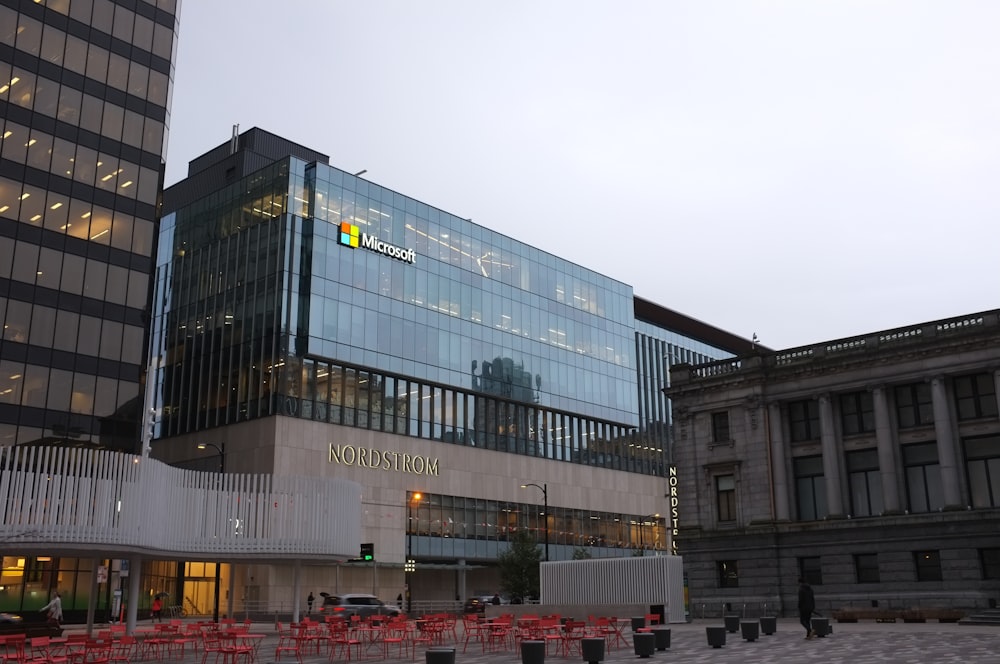The Microsoft/Activision Blizzard Merger And Antitrust
Its proposed $75 billion acquisition of Activision Blizzard would make Microsoft (MSFT) the world’s third-largest publisher of video games and, more significantly, would solidify its position in the development of the “metaverse” – widely considered the next evolution of the internet by which users in the virtual reality space interact with a computer-generated environment and other users.
Photo by Matthew Manuel on Unsplash
But such a leap likely won’t happen quickly
Microsoft’s move comes in the wake of a federal judge greenlighting the Federal Trade Commission to take the company formerly known as Facebook to court over alleged antitrust violations. “The Microsoft-Activision (ATVI) deal will receive a very thorough and extensive review by the antitrust authorities in the United States, as well as in the United Kingdom and the European Union,” says Maryland Smith’s David Kass, who formerly served as an economist in senior positions with the FTC, General Accounting Office, Department of Defense and the Bureau of Economic Analysis.
“Recent appointees Lina Khan, as chair of the FTC, and Jonathan Kanter, as assistant attorney general of the Antitrust Division of the Justice Department, have each pledged to follow an aggressive approach to antitrust enforcement,” says Kass, now a clinical professor of finance for the University of Maryland’s Robert H. Smith School of Business. “One of these two agencies will evaluate this merger.” “Both the Justice Department and the FTC seek to prevent mergers that may substantially lessen competition or tend to create a monopoly,”
Concurrent with this effort, Kass notes, the FTC and Justice Department are seeking public comment on revising and updating merger guidelines followed by these agencies.
“Consideration of labor market effects from mergers, and the impact of mergers on innovation and product quality will be studied,” he says. “This effort will likely not be concluded until the end of 2022.
He adds, “If this merger is approved, it is likely that it would not be consummated until 2023. In this regard, it is important to note that European regulators have frequently set higher standards for merger approval than their U.S. counterparts.”




